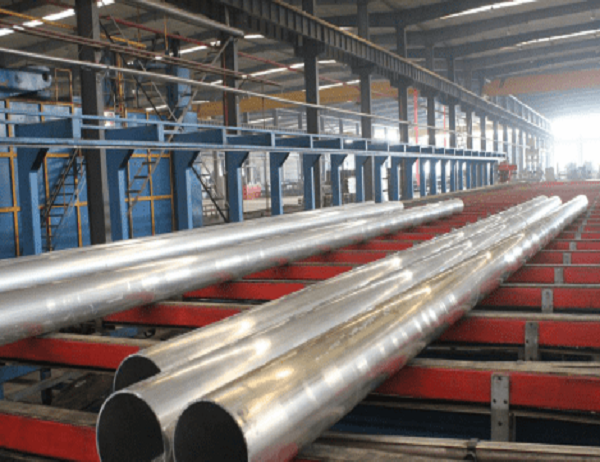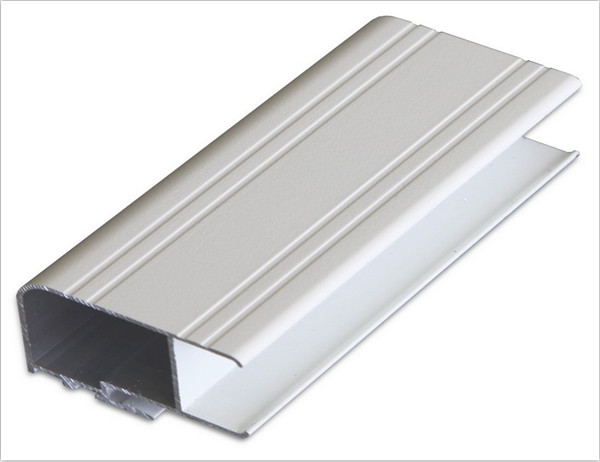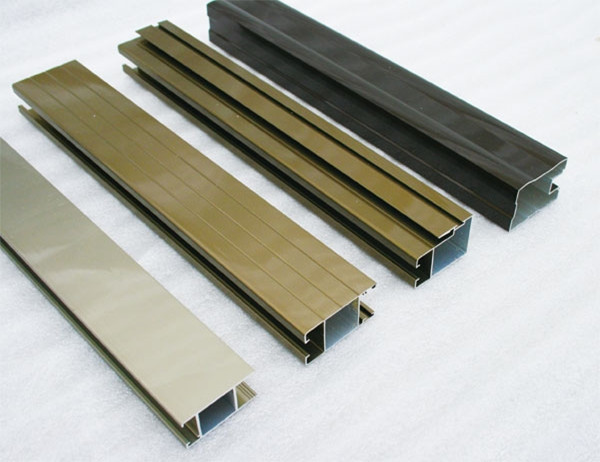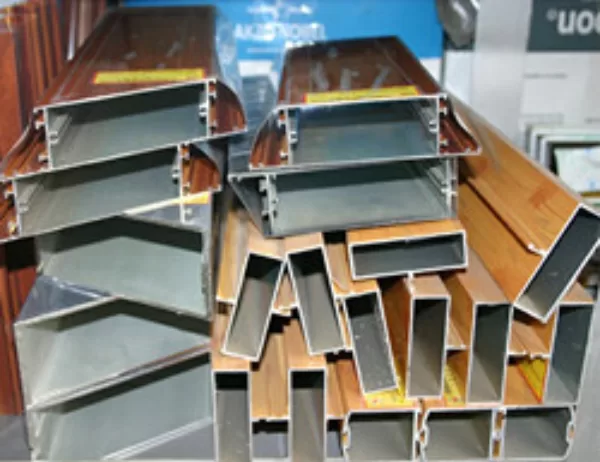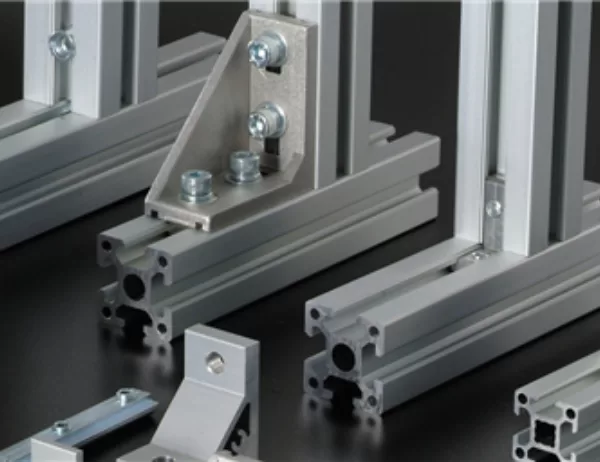In the cutthroat world of manufacturing, every cent counts. That’s why choosing the right materials for your products is crucial. When it comes to structural components, aluminum profiles reign supreme as a cost-effective and versatile solution.
Aluminum’s Edge in Cost
Aluminum is a lightweight metal with remarkable strength. This combination makes it an ideal choice for building structures that are both lightweight and durable. Compared to steel, aluminum profiles are 60% lighter, significantly reducing shipping and handling costs. Additionally, aluminum is easily machined, extruded, and formed, allowing for intricate designs without sacrificing strength.
Durability and Longevity
Aluminum’s inherent corrosion resistance is a major advantage over other materials. Unlike steel, which requires expensive coatings or treatments to prevent rust, aluminum naturally forms a protective oxide layer that shields it from the elements. This makes aluminum profiles an excellent choice for outdoor applications, reducing maintenance costs over the long term.
Energy Efficiency
The lightweight nature of aluminum profiles makes them excellent insulators. They prevent heat transfer, contributing to energy savings in buildings. This cost advantage can be substantial over the lifespan of a structure.
Customizable and Versatile
Aluminum profiles are highly customizable. They can be tailored to specific design requirements, eliminating the need for expensive custom fabrications. The flexibility of aluminum allows for complex shapes and intricate designs, unlocking endless architectural possibilities without breaking the bank.
Environmental Sustainability
Aluminum is an environmentally friendly material. It is fully recyclable, reducing waste and promoting sustainability. This feature not only contributes to environmental stewardship but also lowers landfill disposal costs.
For cost-conscious manufacturers seeking a balance of strength, durability, and affordability, aluminum profiles emerge as the clear winner. Their inherent properties, such as lightweight construction, corrosion resistance, energy efficiency, and customizable nature, make them an exceptional choice for structural components. By choosing aluminum profiles, businesses can optimize costs, enhance product performance, and minimize maintenance expenses, ultimately driving profitability.
